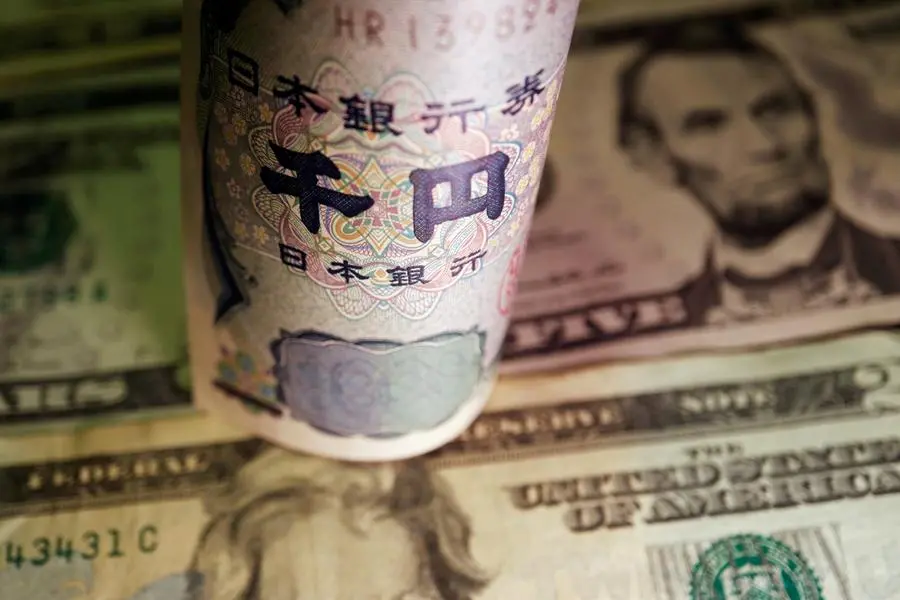PHOTO
Japan's government raked in record tax income last fiscal year, the finance ministry said on Monday, which could help Prime Minister Fumio Kishida's ruling party forego the politically unpopular tax hikes needed to boost defence spending.
Government accounts showed Japan raised 71.1 trillion yen ($491.53 billion) in tax for the fiscal year that ended March, thanks to a windfall from price hikes, the weak yen's boost to import bills and wage hikes, all of which pushed up sales and income tax revenues.
That helped tax incomes top a fresh record for the third straight year, 2.6 trillion yen of which can be secured as leftover funds from the fiscal 2022 budget.
Fiscal law stipulates that half the surplus money must be used to redeem debt, while the remaining half can be spent on economic measures. The government plans to spend it on part of the plan to double the military spending.
The larger-than-expected tax and non-tax revenue, and unused amount of money allowed the government to cancel planned deficit-covering bond issuance worth 12 trillion yen for the last fiscal year.
Japan has the industrialised world's heaviest debt burden and the government has struggled to scrape together tax revenue to fill the funding gap to secure 43 trillion yen for five years to boost its defence spending plan.
If the funding gap is filled by surplus funds, that could mean the government and Kishida's ruling bloc could do away with politically unpopular tax hike plans.
The latest tax revenue estimates compared with annual general-account budget-based figures for 68.4 trillion yen for the last fiscal year and 69.4 trillion yen this year.
Annual tax revenue is settled in May when tax payments from companies that closed the book for the March financial year and sales tax receipts are calculated. ($1 = 144.6500 yen) (Reporting by Tetsushi Kajimoto; Editing by Sam Holmes)





















